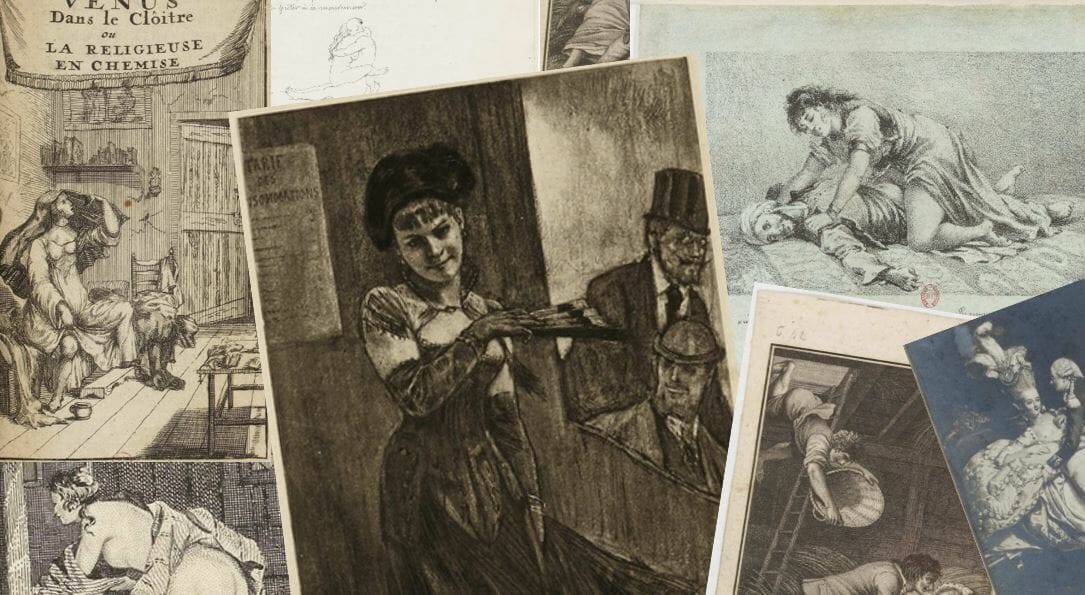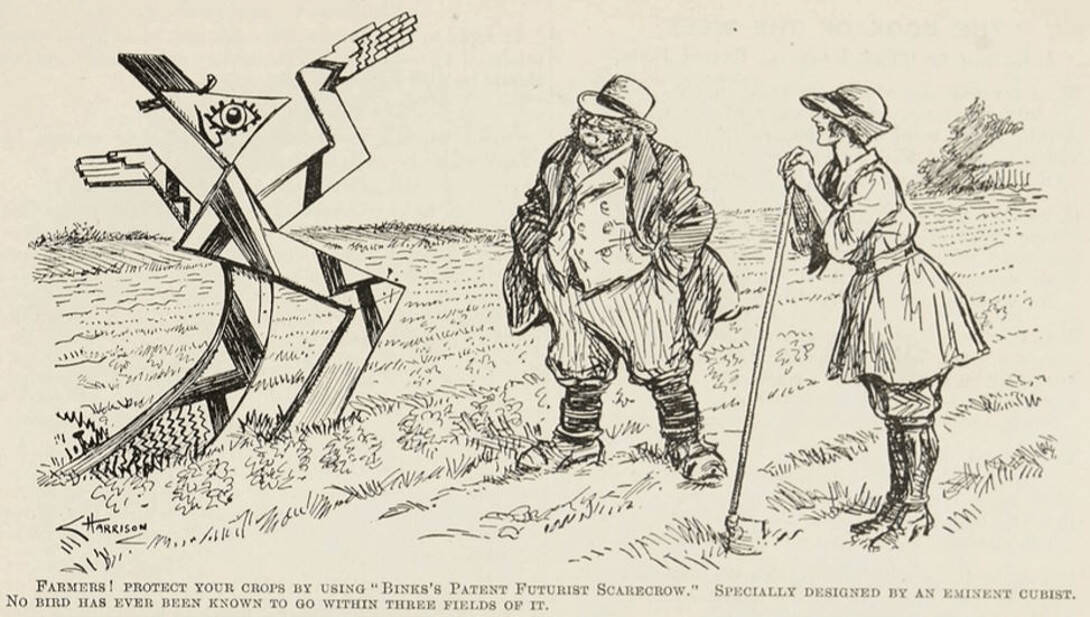│By Philip Virta, Senior Acquisitions Editor, Gale Primary Sources│
Back when Playboy, “an American men’s lifestyle and entertainment magazine”, was still publishing, the usual comment from anyone observed purchasing an issue from the newsstand was, “I just get it for the articles.” In the case of my latest research foray into L’Enfer de la Bibliothèque national de France, I really was just looking for the pictures.
As so often happens in research, we travel down one path, only to encounter interesting intersections. I started out studying the evolution of beauty and body standards in erotic art through the centuries. Along the way, I became equally as interested in the books themselves. The histories of the lives of some of the authors and artists was intriguing. The motivations and movements behind the books they wrote were fascinating. The themes and agendas written into the texts were engrossing. There are a wealth of topics to explore once you slip beneath the covers of the books and plumb the depths of Enfer.


